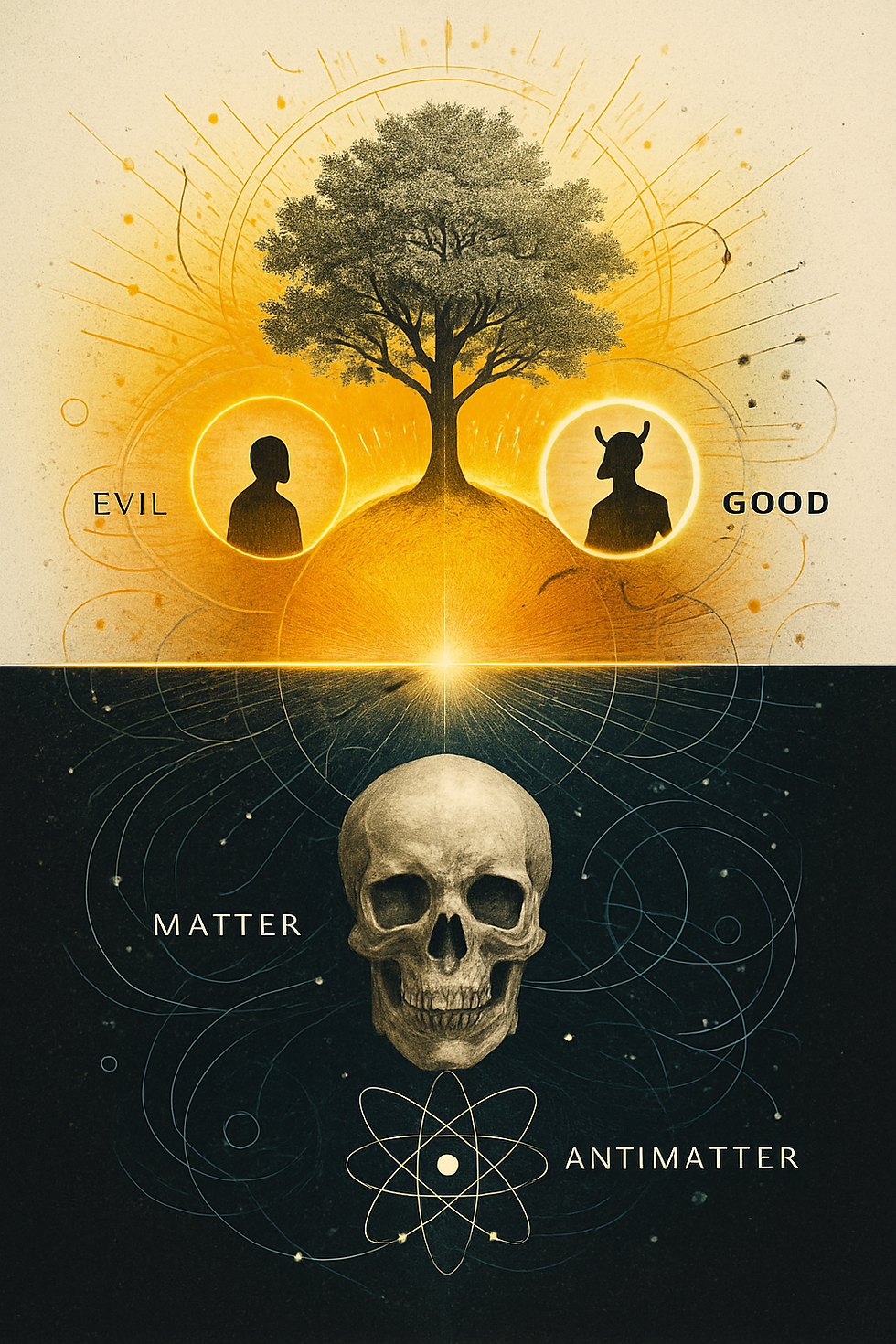Happiness and the Agricultural Revolution
- rabie soubra
- Sep 24, 2025
- 2 min read
Happiness is fundamentally linked to control.
The earliest time we started to have control was when we discovered agriculture and settled down and calmed down a bit.
When we stopped pursuing food anxiously under the sceptre of hunger.
Before the agricultural revolution, no one thought "I want to be happy."
Hunter-gatherers were entirely focused on immediate survival, finding food, avoiding predators, staying warm, staying alive.
There was no mental space for contemplating emotional states or pursuing abstract goals like happiness.
Every moment was consumed by the practical demands of existence in an environment they couldn't control.
The very concept of wanting to be happy requires a level of control over your circumstances that simply didn't exist for most of human history.
You need enough security to imagine that things could be different, enough stability to contemplate emotional states, enough control over your basic needs to start thinking about optimizing your inner life.
Agriculture changed everything.
For the first time, humans could influence their environment, plan for the future, and accumulate surplus.
With settled societies came the luxury of self-reflection.
When you're not constantly hunting for your next meal, your mind starts wandering to questions like "Am I satisfied with my life?"
But here's the paradox: the same agricultural revolution that gave us enough control to pursue happiness also created the conditions that made happiness elusive.
Settled societies brought hierarchy, inequality, complex social structures, and the ability to compare your life to others'.
Suddenly you could be well-fed but still miserable because someone else had more land, more status, more of whatever you decided you wanted.
Hunter-gatherers might have experienced joy, contentment, or satisfaction, but they probably didn't frame these feelings as "happiness" or treat them as goals to pursue.
Emotions were just reactions to immediate circumstances, not states to be analyzed and optimized.
The pursuit of happiness is essentially a byproduct of having enough control over our environment to believe we can control our emotional states too, and expect outcomes from them.
It's both a privilege of civilization and one of its greatest frustrations, the more control we gain, the more we expect to be able to engineer our own contentment, and the more disappointed we become when we can't.






Comments